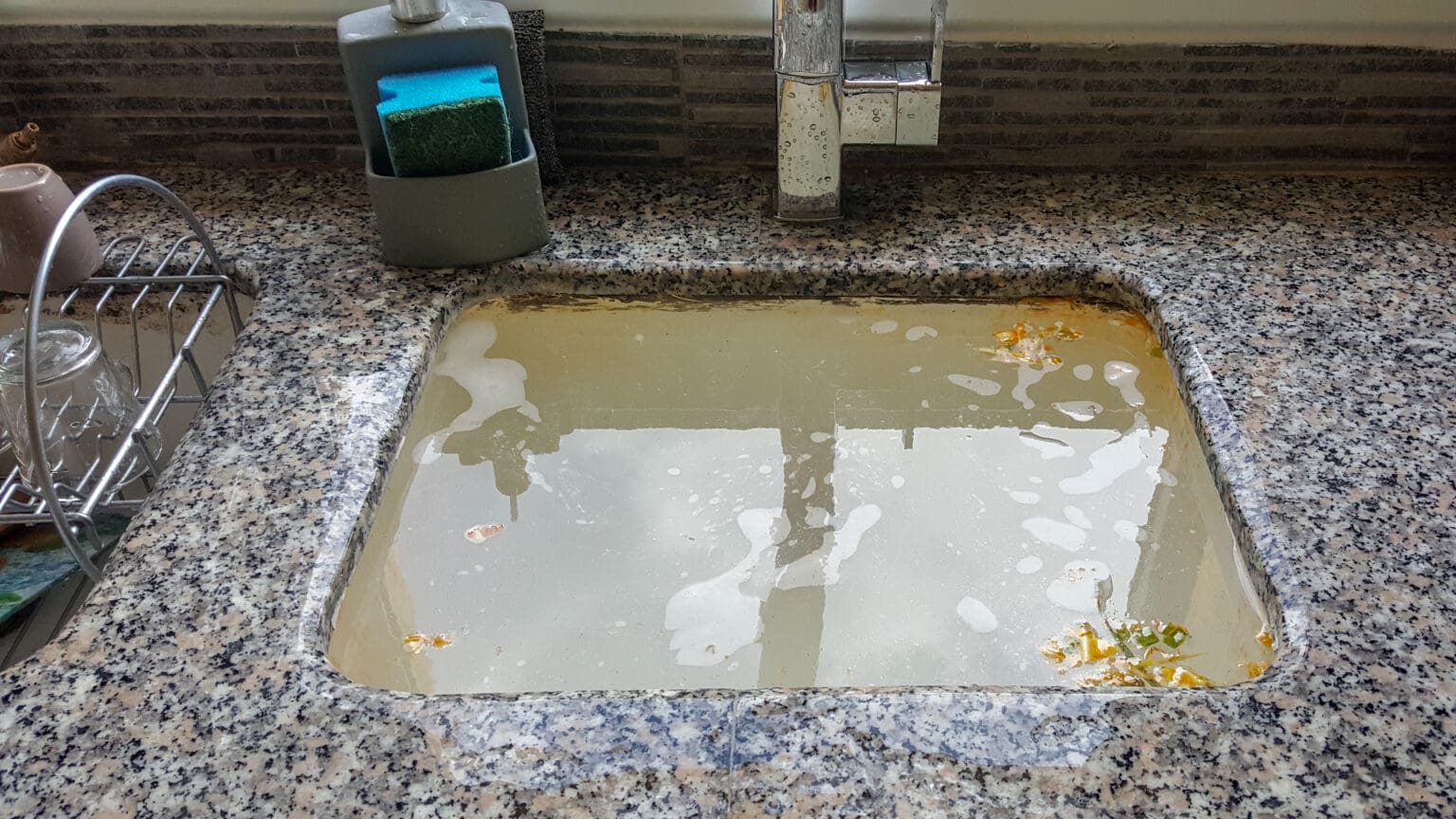Arizona is a beautiful state with iconic features like the world-renowned Grand Canyon. It is also one of the most affordable states to live in with a hard-to-beat median sale price of just $100,000 for a home. It’s no surprise, then, that more people and businesses are moving to Tempe, Phoenix, and surrounding areas. Even so, there is one aspect of Arizona living that can start to eat away at that affordability very quickly: the cost of cooling a home or business.
Arizona is the only state that features all the North American deserts in one location. The downside to this? A tendency to hit upward of 110 degrees during the summer months. To keep cool, homes and businesses alike often install larger than necessary AC units and run them on full blast. The natural result is high energy bills.
When it comes to calculating energy bills, use is not the only cost factor. Other conditions that create high bills include a home that is not properly insulated, an outdated HVAC system, and the type of AC unit you decide to install. This article will look at the variable speed vs two-stage single speed to see which one of these offers the best set of benefits to suit your energy needs and personal preferences.
What Is a Variable Speed Air Conditioner?
Companies who sell or market AC variable speed air conditioner units often refer to them as “750 air conditions in one.” This may sound like a meritless brag at first, but there is some truth to the statement. The math is simple. The AC unit can ramp down to just 25% of its full capacity, leaving 75% or 750 very small increments of variability.
Put simply, other AC units may fill your home or business with cold air at its one or two settings to reach the desired temperature and then shut off. In contrast, variable speed units are able to use all those smaller increments to maintain a particular temperature in the home or office without regularly turning off.
Why does this matter? Arizona isn’t pushing 100-plus degree weather all year round. In months with much milder temperatures, you may appreciate the variability as it helps to conserve on energy. There will be more on this later.
What Is a Single Speed AC Unit?
This is perhaps the AC unit that Americans are most used to at home and in the office. As previously alluded to, this is one of those AC units that blasts air at full capacity and then will turn off when the thermostat indicates that the area reached the preset temperature. To serve this purpose, the unit has only two settings: fully on or fully off.
What Is a Two Speed AC Unit?
Rather than 700 to 750 smaller increments, a two-speed AC unit just has two. These two speeds are usually high and low. This makes it a little more functional than a single-speed AC unit that pushes out cold air and then shuts off. For rooftop units, a 2-stage 16 SEER is the most efficient AC option.
As Arizonans know, there are a lot of more variable temperatures between ridiculously hot and way-too-cold that need to be met. So, while the two-speed unit is adequate, it is not the most flexible or efficient option.
Perhaps as a result of this, some of the top companies no longer manufacture two speed AC units. This can create problems for customers when the equipment fails and the warranty has expired.
Which AC Is More Energy Efficient?
At first glance, many customers believe the single speed or two speed AC units must be more cost efficient because they spend so much time turned off. However, this could not be further from the truth. One aspect of energy use is the turning on and off of devices, especially equipment that uses a lot of power, such as your AC unit. This is the core reason for why a variable speed AC unit costs less to operate over time.
According to SRP, a variable-speed converter can save you up to $610 in energy costs in a year and $9,150 in 15 years. In contrast, a multi-stage unit, which includes the two-speed unit, allows up to only $500 of savings per year and up to $7,500 in 15 years. The single speed is even less efficient with just $400 of annual savings and $6000 over a 15-year timespan. SRP backs this energy efficiency by offering up to $1,125 back as an AC rebate for installing qualifying units.
What Are the Other Pros and Cons?
Energy efficiency is one of the main concerns home and business owners have when they install a unit, but there are other factors to keep in mind when making a decision.
Upfront Air Conditioner Costs
The one and two speed AC units are typically less expensive to install than a variable speed unit. As a result, if you are on a strict budget or would have to dig deep into your emergency savings, the single or two-speed unit may be a better initial bargain. However, as many adults learn through years of budgeting, saving, home repairs, and home improvement, the cheaper option often reclaims the rest of its cost over the years through maintenance costs.
Considering the potential for high repair costs for discontinued models and the higher energy bills, this is definitely the case with the two speed AC unit. As a result, if you are looking for an upgrade and you can afford to invest in future savings, do so by going with a variable speed unit.
Indoor Air Quality
For many years, Arizona was ranked as one of the best places in the United States for people to escape the cause of respiratory illnesses. However, recent reports show that general low air quality and the dry weather actually worsens respiratory problems. As a result, almost 100 people in Arizona die from asthma every year.
What’s worse is that according to the EPA, the air inside American homes is even more polluted than the outdoors. Many people try to rectify this by using air filters, but if you do not have the money to pay for additional systems in the home, the variable speed unit can kill two birds with one stone.
Because it is almost always on, it does a better job of reducing humidity in wet areas of the home. Its constancy also leads to more air cycling through the built-in air filters to reduce the level of contaminants. Here are some of the ways this improves air quality for you and your family, or your employees and customers:
- Creates atmospheric conditions that are not ideal for insects to set up house
- Improves indoor air purification
- Reduces indoor humidity
How to Address Cold and Hot Spots in Your Home
A mark of an AC unit’s inefficiency is the possibility of creating cold or hot spots. Sometimes, these are just particular areas of a room, while other times it can be a whole room in a home or business. This can lead to discomfort as well as inefficient practices.
For example, even with the AC unit running, some people may still feel the need to also run a ceiling fan or even a window unit during the summer months. Naturally, this spikes the energy cost for a home or business.
Sound Quality
Are you a light sleeper? More than 27% of adults in the United States have a hard time falling asleep and staying asleep at least once every week. Poor sleep quality can increase the likelihood of mood swings, depression, Alzheimer’s and other mental health problems. If you work in a dangerous profession, such as construction or truck driving, this can have potentially fatal effects for yourself and those around you.
One reason many people struggle to fall asleep is the loudness of their AC unit. In addition to this, the sound of a single or two speed AC unit cutting on in the middle of the night can wake you or your guests. Loud AC units can also cause you to play music louder and max the TV volume, which may damage your hearing over time. In an office space, AC units can reduce call quality with clients and lead to costly instances of miscommunication.
Is a Two-Stage Air Conditioner Worth It?
When you look at the overall numbers, one thing is clear; the two-stage or two-speed air conditioning unit is a good middle ground between single speed and variable AC units. As a result, whether or not the two-stage is worth it depends on how much money you have upfront and whether or not you are willing to settle for second-best. The experts at Day & Night say that the best option for rooftop AC units is a two-stage air conditioner.
Whichever type of AC unit you choose to install, rest assured that Day & Night Air provides financing options. We recommend the Wells Fargo Home Projects credit card as a great way to install the system you want now and pay down the cost over time. Some of the benefits of financing with Wells Fargo include a quick approval or denial process, easy account management online, an open line of credit and occasionally some special promotions.
Are you ready to install a more energy-efficient unit in your home or business? Contact Day & Night Air at 602-492-9656 for professional variable speed AC installation.








